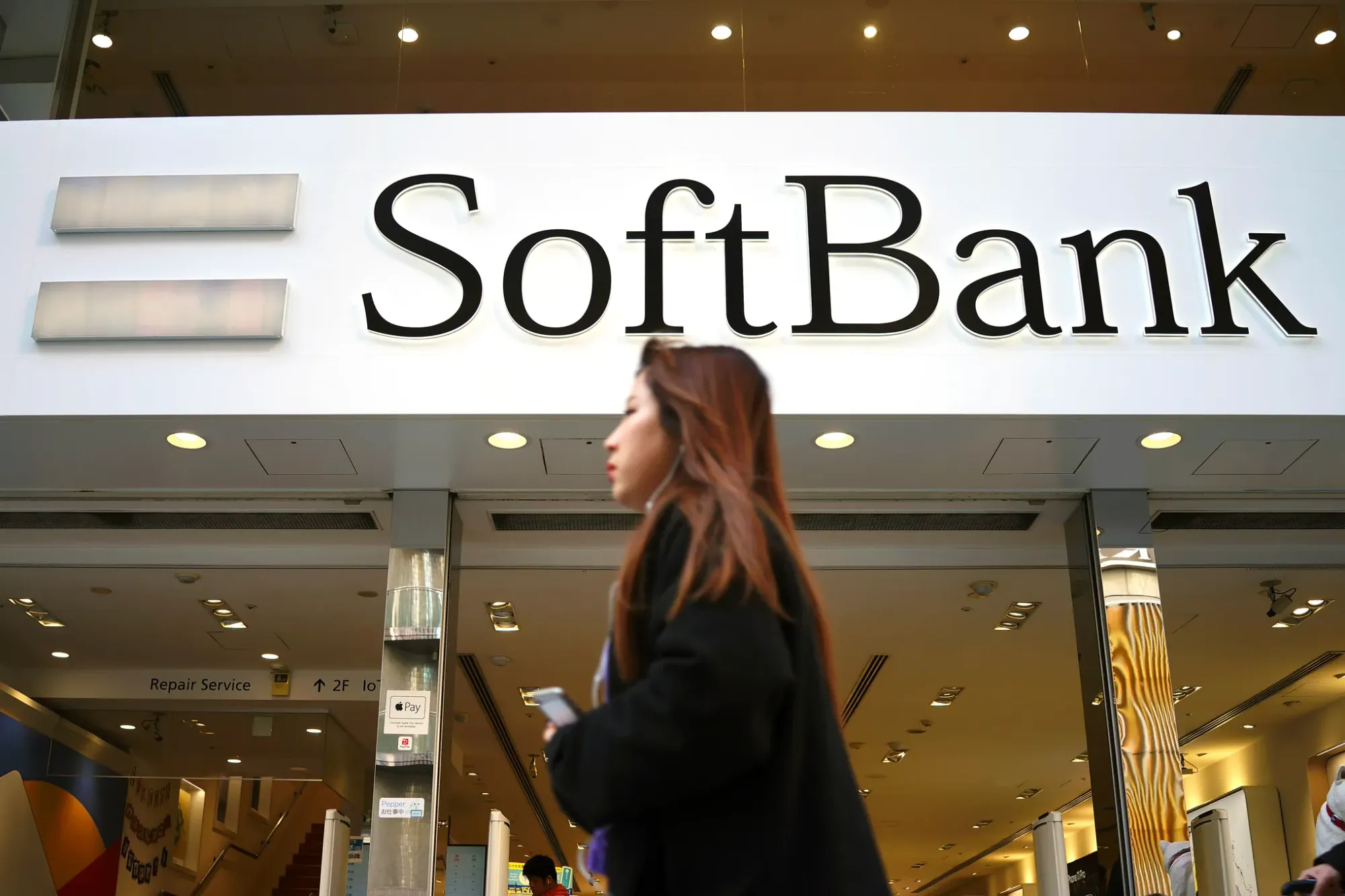SoftBank Injects $1.5 Billion Dollars into Artificial Intelligence

SoftBank, the Tokyo-based multinational investment giant, has taken a bold step into the future of artificial intelligence by investing $1.5 billion into OpenAI. This significant financial commitment not only marks a pivotal moment for SoftBank but also for the AI community at large. The deal allows OpenAI employees to cash out their company shares, providing them with a tangible benefit from their involvement in one of the most influential AI research organizations.
The investment agreement is not just a financial transaction but a strategic move by SoftBank to deepen its involvement in cutting-edge technology. CEO Masayoshi Son has long expressed interest in expanding SoftBank's footprint in AI, and this deal seems to be a direct fulfillment of that vision. By injecting such a substantial amount, SoftBank is not only securing a larger stake in OpenAI but also positioning itself at the forefront of the AI revolution.
Under the terms of the investment, OpenAI employees have been given the opportunity to sell their shares until December 24. The valuation set for this cash-out is approximately $210 per share, reflecting the high confidence in OpenAI's future prospects. This opportunity extends to both current and former employees, but there's a caveat: only those who have held their shares for at least two years with certain restrictions are eligible. This stipulation ensures that those who have contributed significantly over time can benefit from their long-term commitment to the company's success.
OpenAI, once established as a non-profit entity with a mission to ensure that artificial general intelligence benefits all of humanity, has now navigated towards a profit-making model. This transition has been under scrutiny, as it represents a significant shift in how the organization views its role and operations. Critics and supporters alike are watching closely to see how this new direction will influence OpenAI's research priorities and the broader implications for the AI field.
This investment from SoftBank's Vision Fund 2 is particularly noteworthy. Launched in 2019, Vision Fund 2 had amassed commitments up to $56 billion by 2021, investing in over 250 companies. The fund is known for its focus on emerging technologies, and with this latest investment, it reaffirms its commitment to AI. Names like Nvidia, Uber, and newer ventures like Exscientia, Glean, Perplexity, and Poolside have all been part of SVF2's portfolio, illustrating a broad spectrum of tech investments aimed at fostering innovation.
The choice to invest in OpenAI through Vision Fund 2 is strategic, aimed at accelerating AI technologies that could define the next decade. SoftBank isn't just looking for financial returns; it's betting on AI to be a transformative force across industries. This investment is targeted at companies that are not only market leaders but also those with valuations over $1 billion, often referred to as 'unicorns'. By aligning with such entities, SoftBank is playing a long game in the tech sector, hoping to ride the wave of AI's potential to reshape global markets.
One of the most visible products of AI companies so far has been Chat GPT applications, which AI-powered chatbots that have captured public attention with its ability to generate human-like text responses, assist with coding, provide explanations on a wide range of topics, and even engage in creative writing. For instance Bitcoin GPT is an example of how AI can be used for natural language processing, offering insights into how AI can be applied in crypto education, blockchain content, and more. It's a testament to the practical applications of AI research, demonstrating how machine learning can interact with people in a conversational, helpful manner.
This move by SoftBank into AI and other emerging tech sectors comes at a time when traditional finance, or TradFi, is facing new pressures due to the rising popularity of cryptocurrencies like Bitcoin. The traditional banking sector has begun to pivot, looking for new avenues of investment outside of their conventional offerings. Cryptocurrencies have disrupted the financial landscape by offering alternatives to traditional banking services, including faster cross-border transactions, lower fees, and new financial products such as crypto custody services and tokenization of assets.
Banks are now considering how they can integrate or compete with these decentralized technologies. Some have started to offer Bitcoin-backed loans, explore blockchain-based payment systems, and even provide crypto custody solutions. The allure of blockchain's promise of transparency and efficiency has led banks to either incorporate these technologies into their operations or risk becoming sidelined in a rapidly evolving financial ecosystem.
In this context, SoftBank's investment in OpenAI can be seen as part of a broader trend where traditional investment giants are seeking to diversify and innovate beyond the traditional financial instruments, partly driven by the disruptive potential of cryptocurrencies. By focusing on AI, SoftBank is not only investing in technology with the capacity to revolutionize industries but also exploring new financial models that might emerge from this technological shift. The development and application of tools like Chat GPT show how AI can provide new ways for financial institutions to interact with customers, manage data, and streamline operations.

